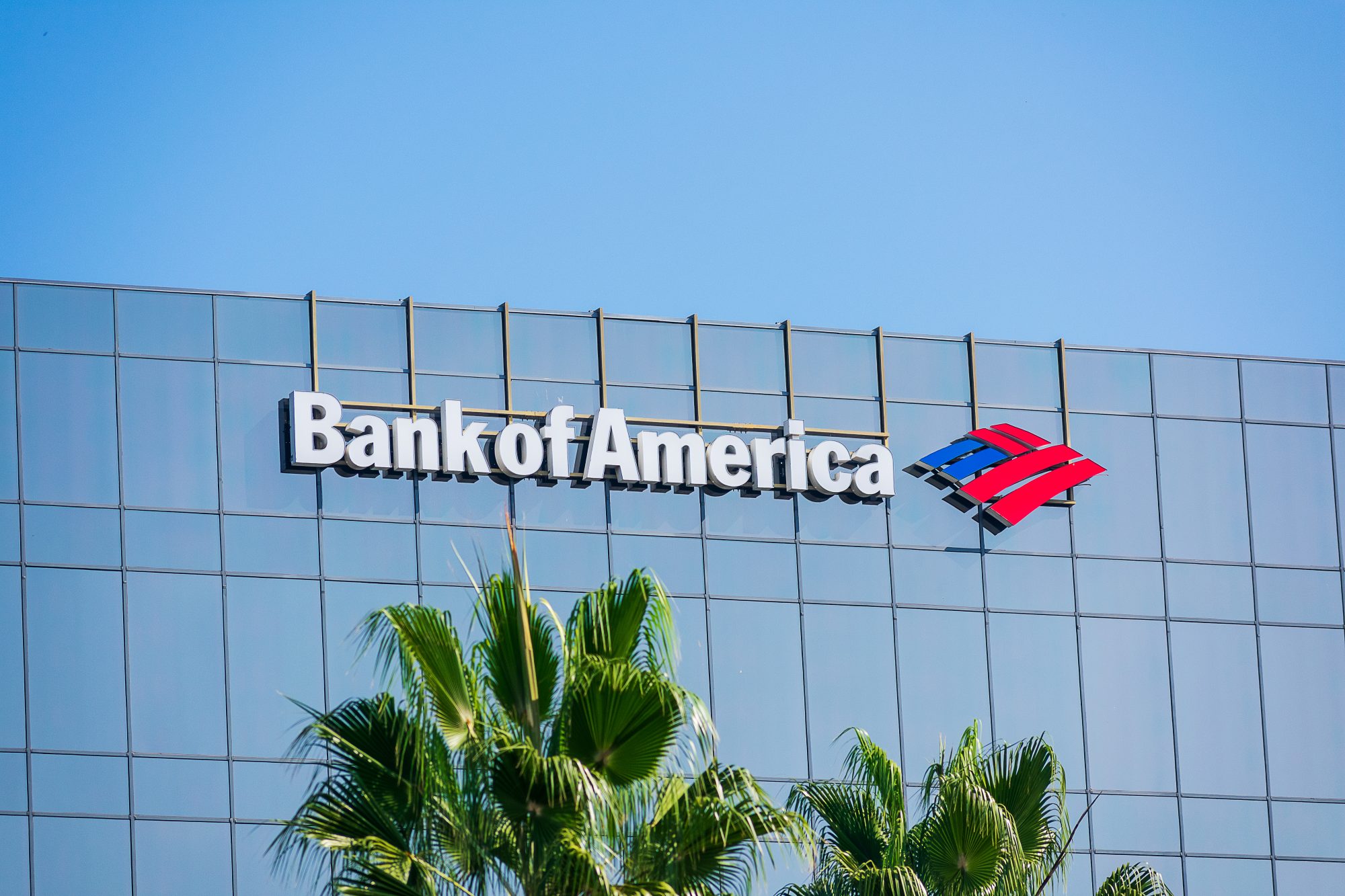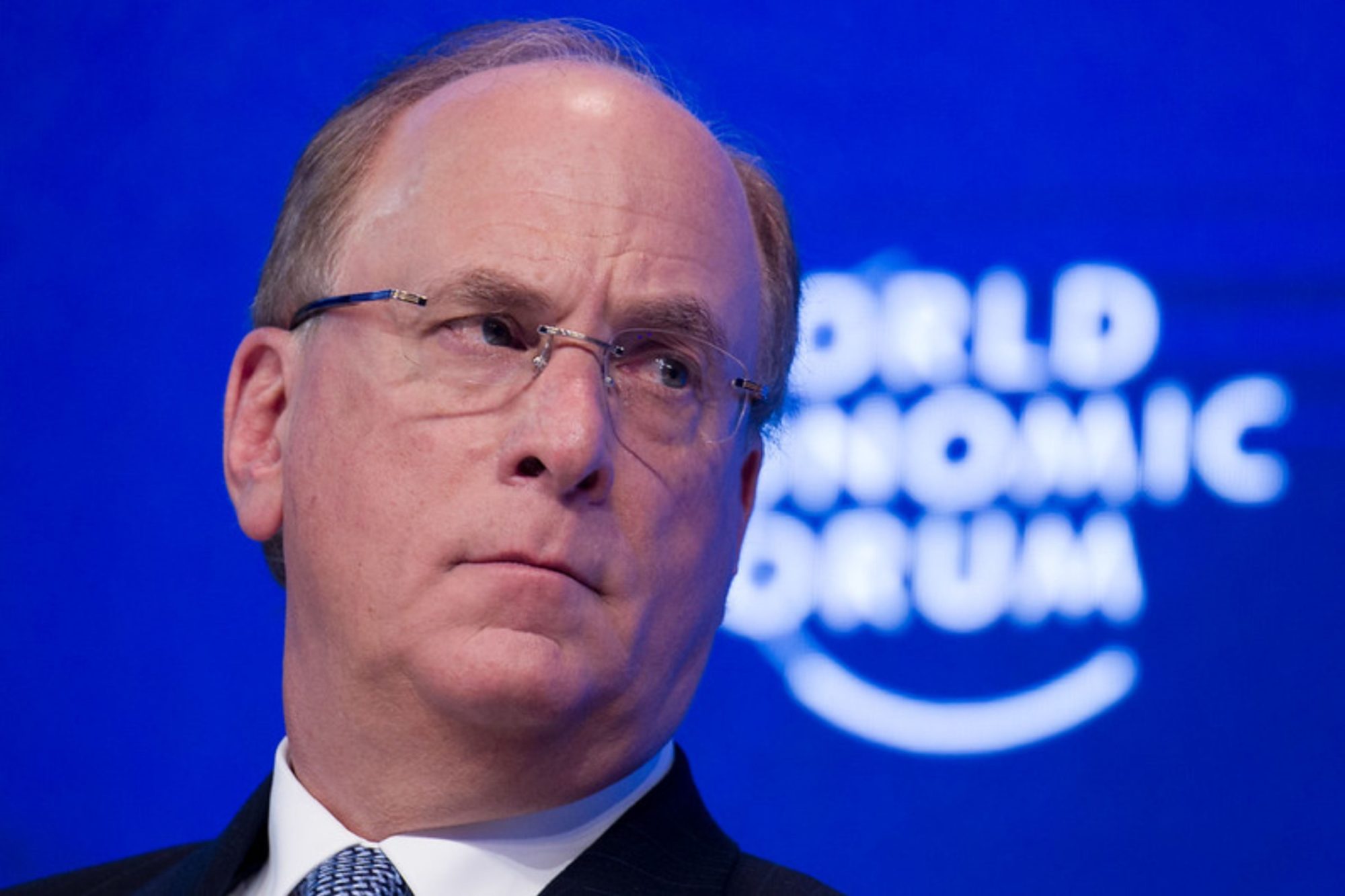The landscape of shareholder activism has really changed over the last several years, especially since 2010 when the Dodd-Frank Act was enacted. So far this year, activism is up and running, although shareholders aren’t exactly supporting the activists.
Only three activists dominated
Big names like Bill Ackman and Carl Icahn usually come to mind whenever shareholder activism is mentioned, but the reality is that only three shareholders have dominated proxy requests so far this year. The Manhattan Institute is releasing the latest edition of its Proxy Monitor report on Wednesday but granted ValueWalk a sneak preview. Authors James R. Copland and Margaret M. O’Keefe offered a preview of shareholder activism in last year’s proxy season and a preview of this year’s season.
The Proxy Monitor examined the shareholder proposals that were submitted to the 250 biggest public companies in the U.S. and found that on average, there were 1.26 proposals submitted per company in 2016.
Most public companies in the U.S. hold their annual meetings between late April and early June, so proxy season is about to pick up.
Big names like Bill Ackman and Carl Icahn usually come to mind whenever shareholder activism is mentioned, but the reality is that only three shareholders have dominated proxy requests so far this year. According to the report, only three shareholders have sponsored more than a third of all the proposals submitted so far this year. The three are: John Chevedden, Kenneth Steiner and James McRitchie.

Further, the Proxy Monitor found that the vast majority of shareholders don’t even participate in shareholder activism, or at least not by submitting proposals anyway. According to Copland and O’Keefe, only institutional investors linked to a labor union or public employee pension plan or those with a social-investing, public-policy, or religious purpose have sponsored a proposal. They add that these institutional investors have sponsored just 1% of shareholder proposals going all the way back to 2006.
The Manhattan Institute also found that shareholder activism pertaining to “social and policy concerns” is still on the rise. Last year, most of all shareholder proposals involved some such concern “with an attenuated connection to share value.”

The Proxy Monitor report also indicates that most large public firms are adopting proxy access for shareholders as the New York City pension funds have been putting forth massive effort in pushing for it. The Proxy Monitor describes proxy access as “allowing shareholders holding a certain fraction of company stock for a certain period to place director nominees on company proxy ballots.”
However, Copland and O’Keefe add that companies which have adopted access have been able to do so with rules that permit less than what some activist shareholders have sought. They said that this year, there have been several proposals seeking “more permissive standards” for proxy access than those the targeted company has in place. However, none of them have secured the support of a shareholder majority yet this year.
In fact, no shareholder proposal this year has received majority support thus far, of the 28 Fortune 250 companies that held annual meetings in the first quarter. Last year only 7% received majority support.












